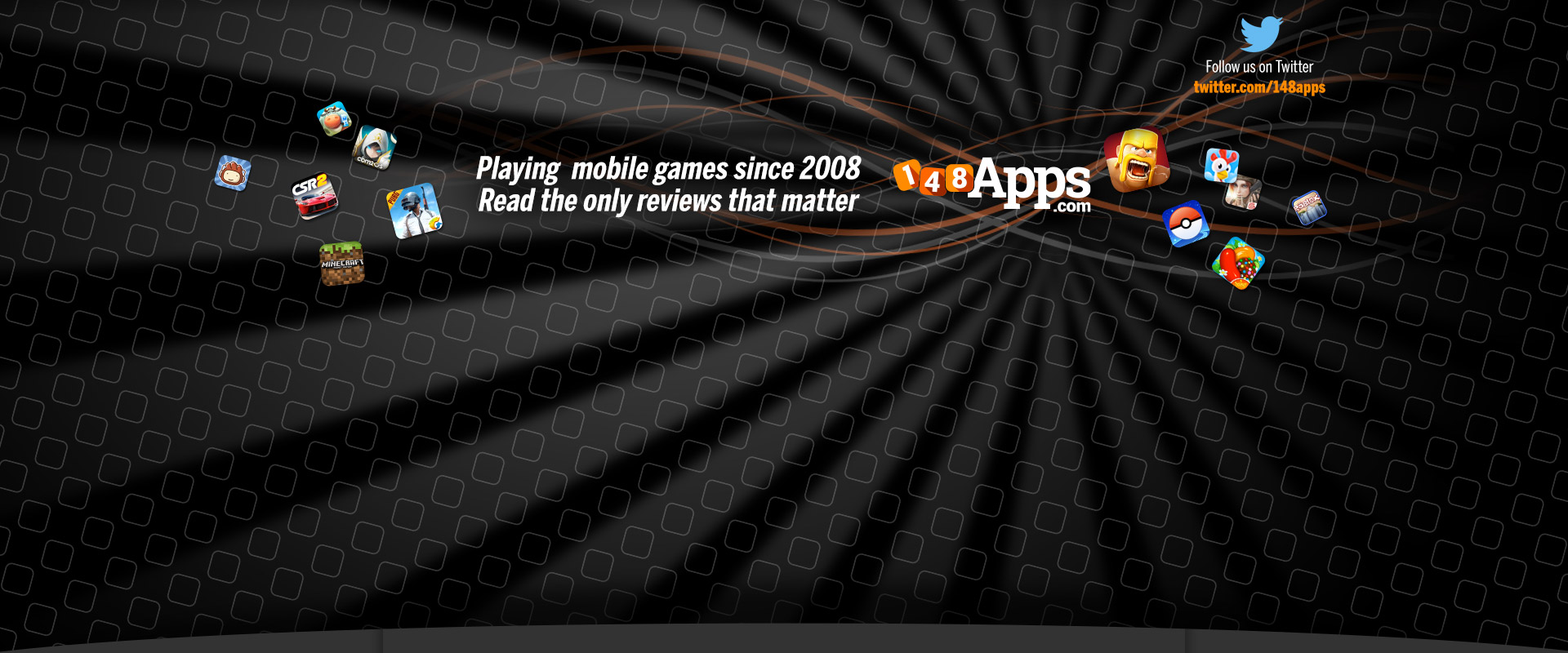Freemium And Free To Play Games Glossary
Historically, 148Apps has steered away from official reviews of free games and apps. The idea was that users could download them with no real risk to their wallet, and find out on their own if the app or game was worth keeping on their iOS device. However, we've decided to change that unofficial policy because, frankly, there are more and more of them releasing every day. As the number of free to download apps increases, so does the number of wasted downloads and bandwidth. As always, we're here to help.
But before we could do that, we had to make sure that all of our writers were approaching these games from the same angle. Let's face it, all free games are not created equal. So we created a short term list for our writers, to help us all get on the same page when talking about them. We thought it might be a good idea to share this list with you too. Here is a list of typical terms that can be used to discuss this hot new genre of mobile gaming.
Game Types
Free to play (F2P) - This type of game allows play without restriction, but will often make in-app purchases available to increase the rate of progress or ease of success. Free to play games can be freemium games, Lite versions, or time-limited demos. This is the umbrella term for all these types of gaming business models, and as such can be applied to a wide variety of games in the App Store, like Pocket Legends, Tiny Tower, Farmville and Zombie Farm.

Ad supported - An ad supported game will include advertisements as interstitials, or banners, or within the game levels themselves. Some ad supported games will give an in-app purchase option to remove said advertisements. An example of this kind of game is Hanging With Friends, where gameplay is not restricted, but ads are shown until the "full" version is purchased.
Subscription based - These are games in which it is required to pay to play for a certain, limited amount of time. Many times, these games can seem like a freemium game, before the user hits a hard pay wall where they must subscribe. Order and Chaos, while not a free download, is an example of a subscription based game on iOS.
Social game - This type of game is really a misnomer, and can be applied to a broad spectrum of games, like time management games, farming games, and the like. The social aspect of these games is fairly small, and is typically simply visiting other players' farms and towns or viewing their progress in their own game. Social games are not to be confused with multiplayer or co-op gameplay.
Terms
Pay wall - This is the point in the game where players can no longer make any progress or complete any more game play without paying in some way. A soft pay wall is usually temporary, and involves waiting for game progress, like crops to grow. A hard pay wall is one past which there can be no game play or progress without purchase, similar to a time-limited demo on a console, or by completing a special offer or download of another of the game developer's games.
Grind / Craft / Farm - This is what typically makes up the lion's share of activity within a freemium game. Farming, growing crops, building towers, managing customers are all examples of this type of activity. This can be contrasted with the generally accepted concept of a game having activities that are intrinsically rewarding in themselves, have some sort of conflict or skill acquisition curve, and will continue even if extrinsic rewards like crop growth are discontinued.

In-Game Currency - In-game currency is what is used for players to build or purchase objects to progress in the game. There can be two kinds of currency, generally, including an easily-earned currency as well as a purchasable type of currency, referred to below as in-game credits.
In-Game Credits - This is the type of currency is rarely awarded, but easily purchased; it allows players to rapidly progress in the game. Some games use this to negate the waiting for items to be built or ready to harvest, others use it to bypass building or growing altogether, while still others allow players to exchange it for the main form of in-game currency itself.
One thing to note is that many of these terms and game types are not mutually exclusive. Many games, like most things in life, are a mixture of the above, and new games are most likely in development that mix and match the game types (and invent new ones!) in new and interesting ways.
(More reading (Wikipedia) Free to Play, Freemium)
(Collaborators on this post: Jeff Scott, Carter Dotson, Jennifer Allen)


